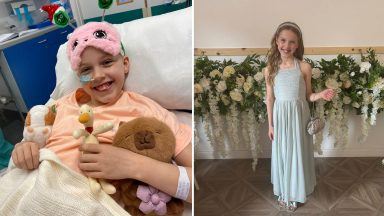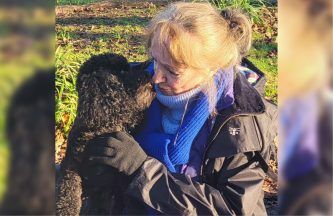A Greater Glasgow and Clyde health board hospital failed to treat a patient’s incontinence, and they then died weeks after discharge
The patient was first admitted to hospital after a fall in which they fractured their hip; as part of the surgery, a catheter was inserted.
After the catheter was removed, they developed problems controlling their bladder.
The Scottish Public Services Ombudsman received a complaint from the deceased patient’s partner.
It stated that after surgery, the hospital failed to rectify the patient’s bladder problem and that this contributed to their death.
In the board’s original response to the complaint, they stated that the patient had been recorded as being incontinent on three occasions.
A urine sample was taken, which returned a positive result for a urinary tract infection, and was treated with antibiotics.
They said that on discharge, the patient could take themselves to the toilet, and there had been no further mention of incontinence.
In their complaint to the Ombudsman, the patient’s partner highlighted a number of other instances of incontinence in the nursing reports.
When asked to explain this, as it contradicted their position in the initial complaint response, the health board confirmed if this information had been considered it may have prompted additional continence support.
The watchdog, taking independent nursing advice, found that despite a number of references to the patient’s incontinence “no attempts to explore this further” had been made.
As a result, there was a failure to provide appropriate care during their stay in hospital and any follow-up care after their discharge.
However, the report concluded that due to the patient’s other health issues, it was “not possible” to determine the extent of the impact on their death.
It was recommended that the board apologise to the patient’s partner and found that their action plan for improvement “appropriately addressed failings”.
A NHS Greater Glasgow and Clyde spokesperson said: “For reasons of patient confidentiality, we cannot comment on individual cases. We have apologised to the family of the patient involved and we send our deepest sympathies for their loss.
“We would like to apologise for the failings outlined by the SPSO and provide reassurance that NHSGGC is working to meet all the recommendations made by the SPSO.”
Follow STV News on WhatsApp
Scan the QR code on your mobile device for all the latest news from around the country


 iStock
iStock

























